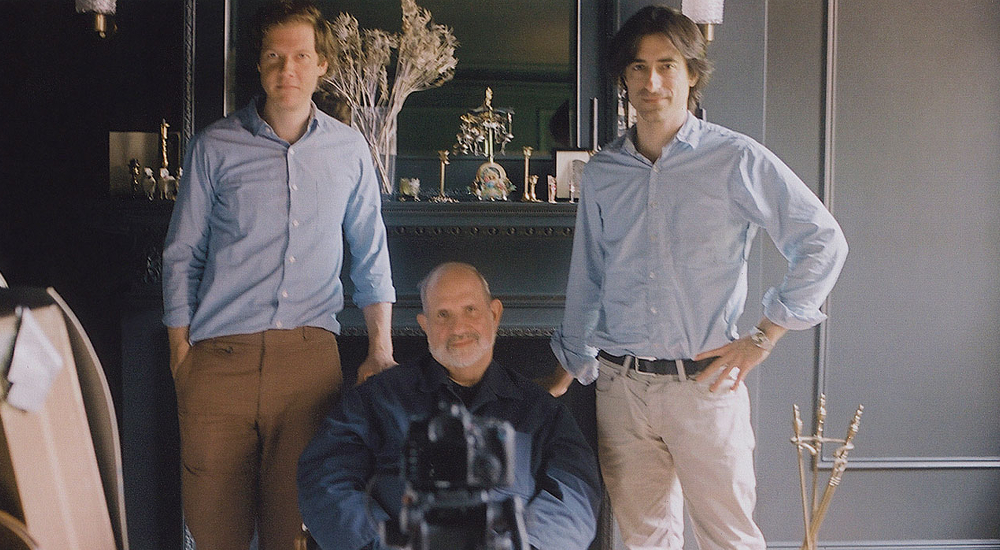For much of his career, Brian De Palma has been a provocateur. His incredible run from the late ’70s to the early ’80s pushed the envelope for sex and violence onscreen, but often in service of the story he was trying to tell. But his output since 2000 hasn’t been very good, and as such he’s fallen out of favor and the recognition he deserves.
De Palma, from directors Noah Baumbach (Frances Ha) and Jake Paltrow (Young Ones), aims to change that. Part appreciation, part retrospective, part off-the-cuff film school, this is a consistently engaging documentary about one of America’s great directors – although one with far more speed bumps than his friends Martin Scorsese and Steven Spielberg.
Originally a self-described “science nerd,” De Palma fell in love with film in college and never looked back. His early films often featured Robert De Niro, then an up-and-coming actor. (In one of the more interesting anecdotes, De Palma contrasts how young and hungry “Bobby” was in the ’60s, compared to the highly paid actor in The Untouchables who would rarely learn his lines.) De Palma pushed buttons with the dark comedy Hi, Mom!, which features a scene shown here that’s disturbing even in 2016. I can’t imagine how audiences in 1970 would have reacted.
After several cheap thrillers, De Palma hit the big time with his adaptation of Stephen King’s Carrie in 1976, the remakes of which he relentlessly mocks. It almost didn’t happen because the studio haggled with him over a $200,000 budget increase. My, how times have changed.
The film moves on chronologically, as De Palma and De Palma alone recounts the ups and downs of his career. It’s a format that the late film critic Richard Schickel employed for his documentaries on Scorsese and Spielberg. But this film has a lot more style than those serviceable features. This is clearly the work of two admirers with a knack for editing and context. But, as De Palma points out, directors don’t set out to make a career arc. They just take the work as it comes. It’s not a straight line. He spent years developing Prince of the City, only for Sidney Lumet to swoop in and take it. De Palma returned the favor by taking over on Scarface.
De Palma – both the film and the director – are wildly entertaining. But it stings a little, hearing tales of him battling with the MPAA and studios over the extreme content of his films. There’s no director working within the confines of the studio system that’s fighting those fights anymore. De Palma may be nearing the end of his career – and he’s had his share of career-ending films before – but this doc proves why he shouldn’t be forgotten.

